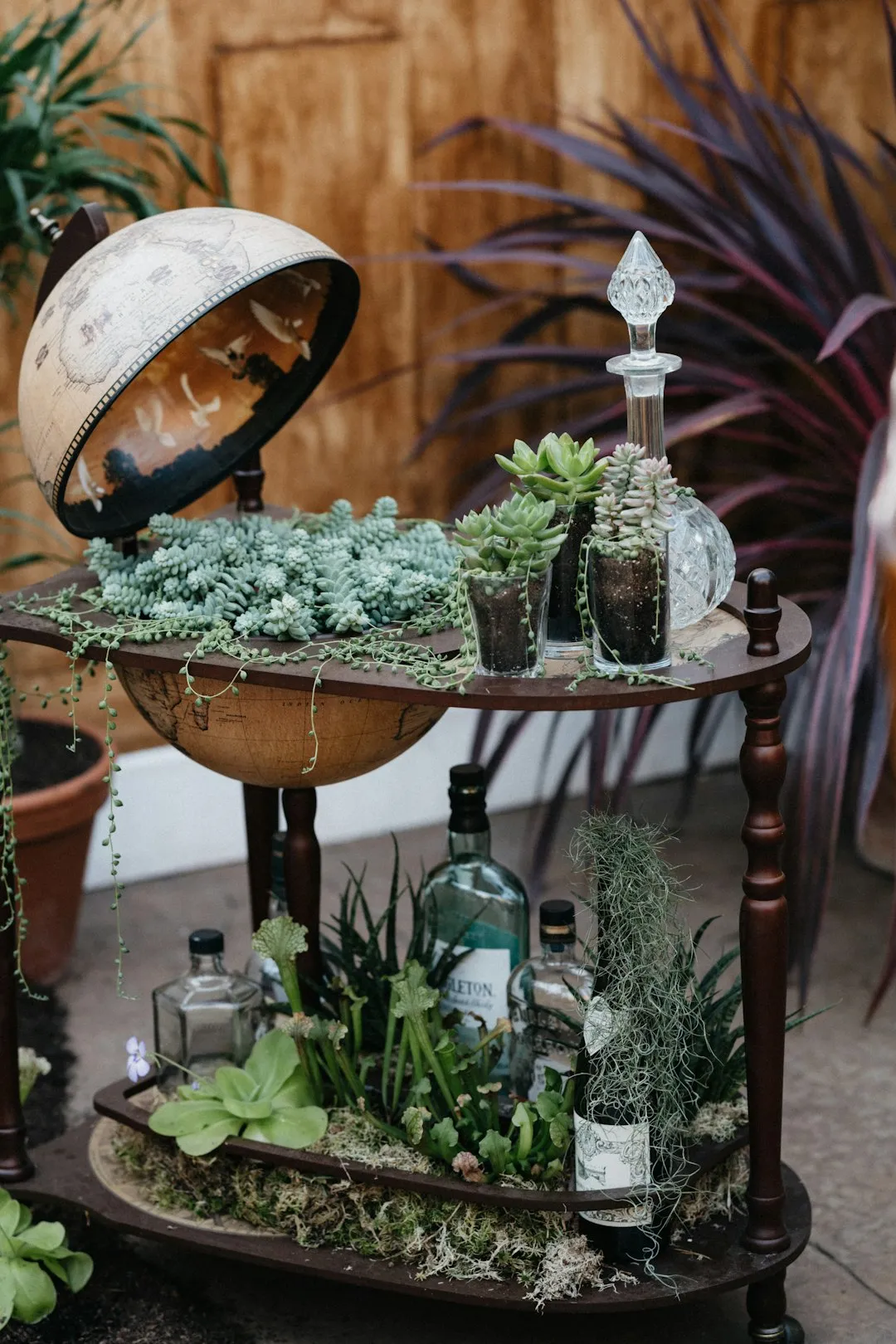Cultivating Citrus Delights: Lemon Trees in Pots

Embarking on the journey of growing a lemon tree in a pot is a rewarding endeavor that allows you to enjoy the beauty and bounty of this citrus plant regardless of your living situation. Whether you reside in a bustling city apartment or a cozy suburban home, a potted lemon tree can bring a touch of nature and a burst of fresh citrus fragrance to your space. In this comprehensive guide, we will explore the essential steps and must - know tips for successfully growing a lemon tree in a pot.
First and foremost, selecting the right pot is crucial for the well - being of your lemon tree. The pot should be large enough to accommodate the root system of the tree as it grows. A pot with a diameter of at least 18 - 24 inches is recommended for a young lemon tree. As the tree matures, you may need to transplant it into a larger container. The pot should also have adequate drainage holes to prevent waterlogging, which can lead to root rot. Terracotta or ceramic pots are popular choices as they are porous and allow for better air circulation around the roots. However, plastic pots are also a viable option as they are lightweight and retain moisture better.
Next, choosing the appropriate soil is essential. Lemon trees thrive in well - drained, slightly acidic soil. A good potting mix for lemon trees should be rich in organic matter. You can create your own mix by combining equal parts of peat moss, perlite, and compost. Peat moss helps to retain moisture, perlite improves drainage, and compost provides essential nutrients. Avoid using garden soil as it may be too heavy and can contain pests and diseases.
Fertilizing your potted lemon tree is another important aspect of its care. Lemon trees are heavy feeders and require regular fertilization to produce healthy foliage and fruit. Use a balanced citrus fertilizer that is specifically formulated for lemon trees. The fertilizer should contain nitrogen, phosphorus, and potassium, as well as micronutrients such as iron, zinc, and magnesium. During the growing season (spring and summer), fertilize your lemon tree every 4 - 6 weeks. In the fall and winter, reduce the frequency of fertilization to once every 2 - 3 months.
Watering is a delicate balance when it comes to potted lemon trees. Over - watering can lead to root rot, while under - watering can cause the leaves to wilt and the tree to become stressed. Check the soil moisture regularly by inserting your finger about an inch into the soil. If the soil feels dry, it's time to water. Water the tree thoroughly until water drains out of the bottom of the pot. However, do not let the tree sit in standing water. In hot, dry weather, you may need to water more frequently, while in cooler, wetter conditions, you can reduce the watering frequency.
Sunlight is also a key factor in the growth of lemon trees. Lemon trees need at least 6 - 8 hours of direct sunlight per day. Place your potted lemon tree in a south - facing window or on a sunny balcony. If you don't have enough natural sunlight, you can supplement with artificial grow lights. Make sure to rotate the pot regularly to ensure that all sides of the tree receive equal sunlight.
Pruning your lemon tree is important for maintaining its shape and promoting healthy growth. Prune your tree in the late winter or early spring before new growth begins. Remove any dead, damaged, or diseased branches. You can also prune to control the size of the tree and encourage branching. Use sharp, clean pruning shears to make clean cuts.
Protecting your lemon tree from pests and diseases is essential for its survival. Common pests that affect lemon trees include aphids, scale insects, and spider mites. You can control these pests by using insecticidal soap or neem oil. Diseases such as citrus canker and root rot can also be a problem. To prevent diseases, make sure to provide proper drainage, avoid over - watering, and keep the tree in a well - ventilated area.
In conclusion, growing a lemon tree in a pot is a wonderful way to enjoy the beauty and taste of fresh lemons. By following these tips on pot selection, soil, fertilization, watering, sunlight, pruning, and pest control, you can ensure that your potted lemon tree thrives and produces an abundance of delicious fruit for years to come.